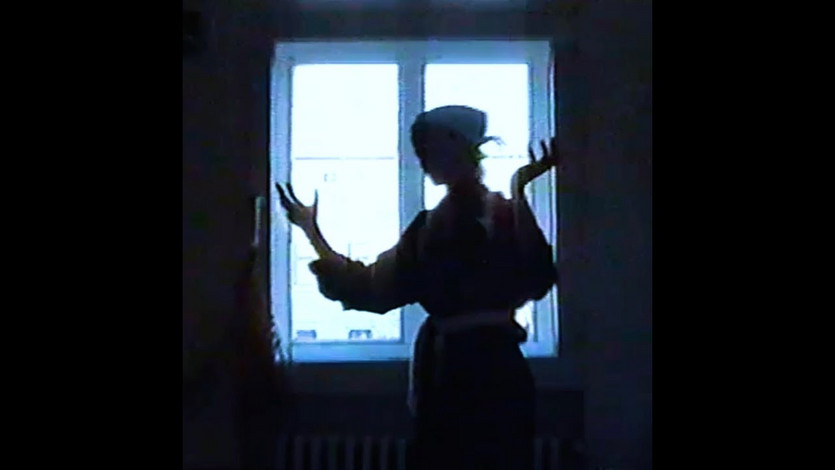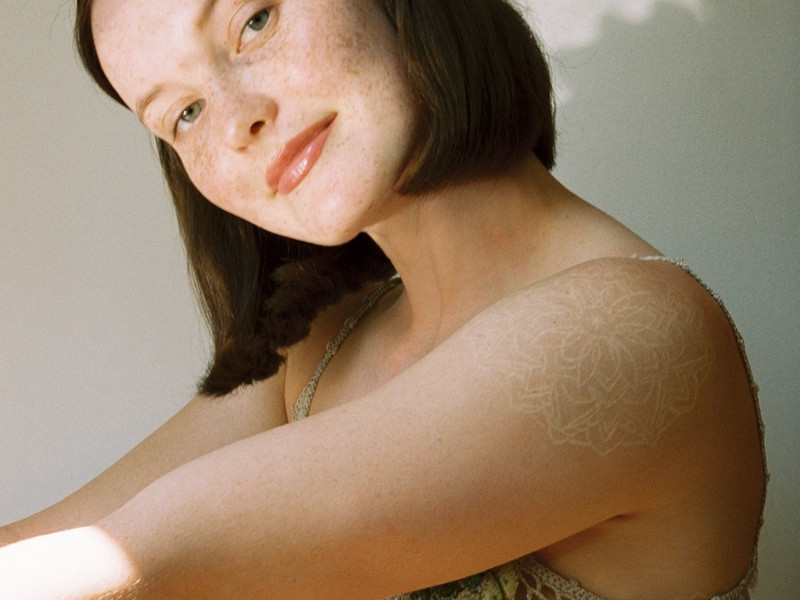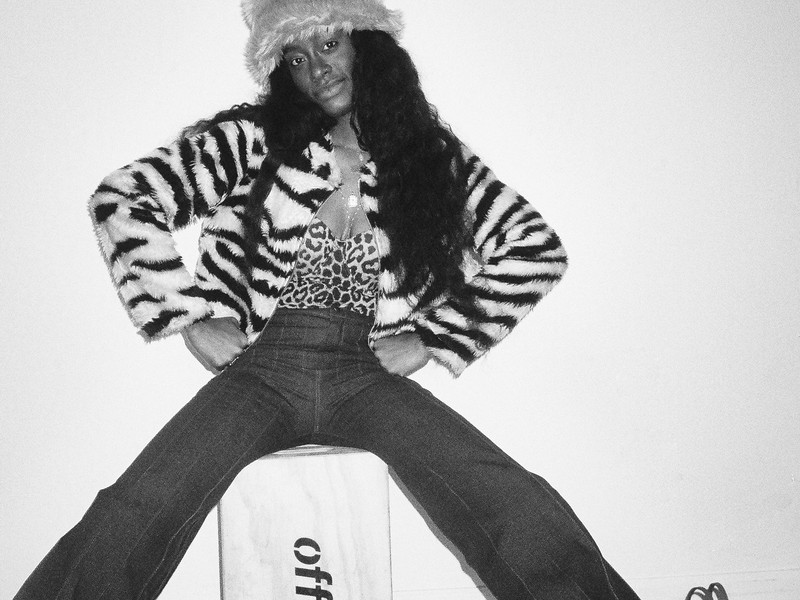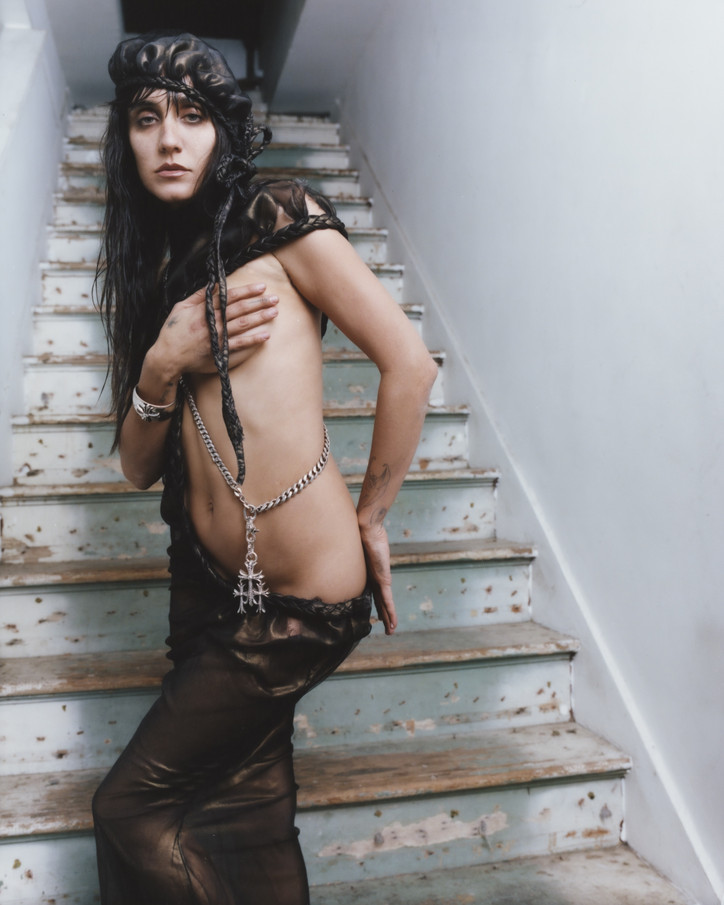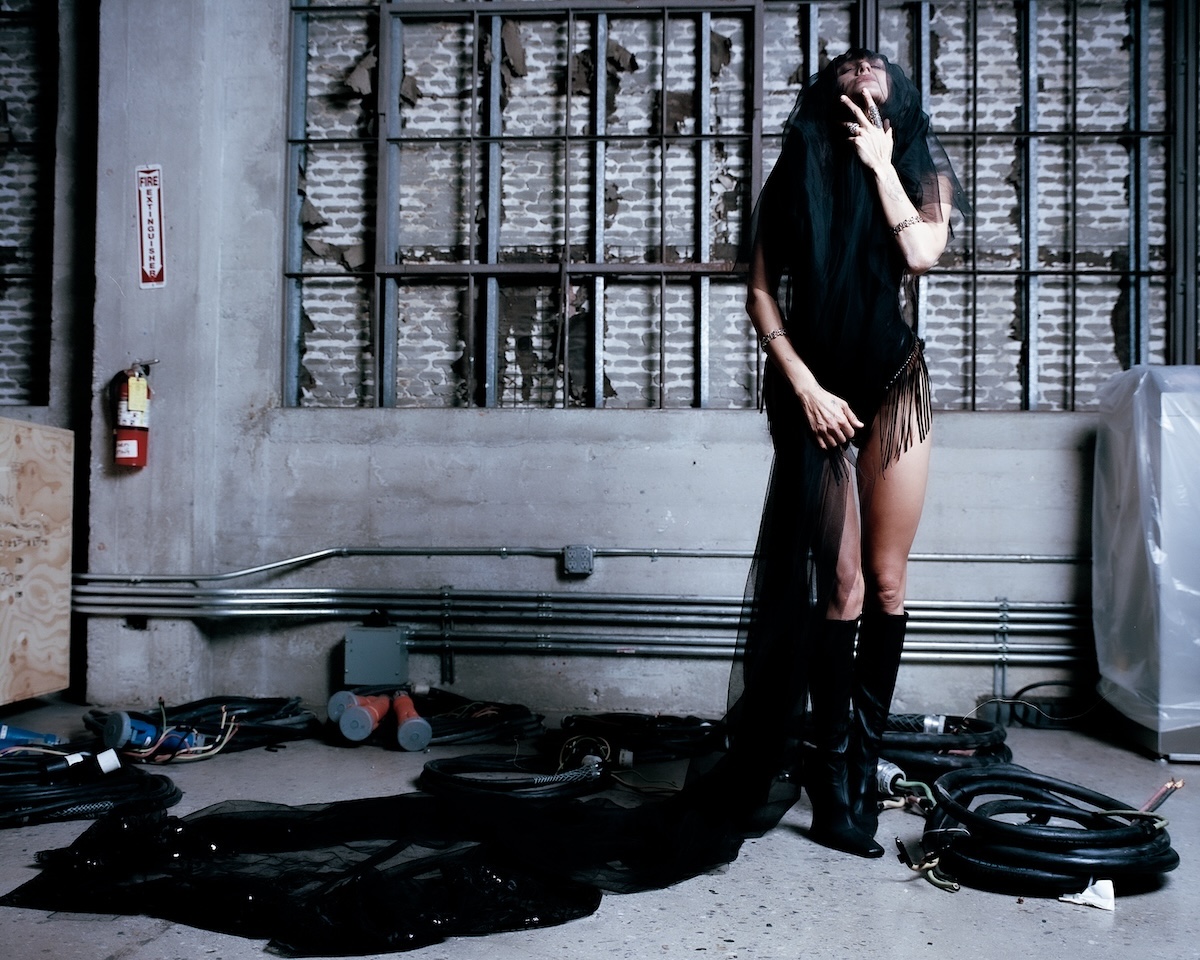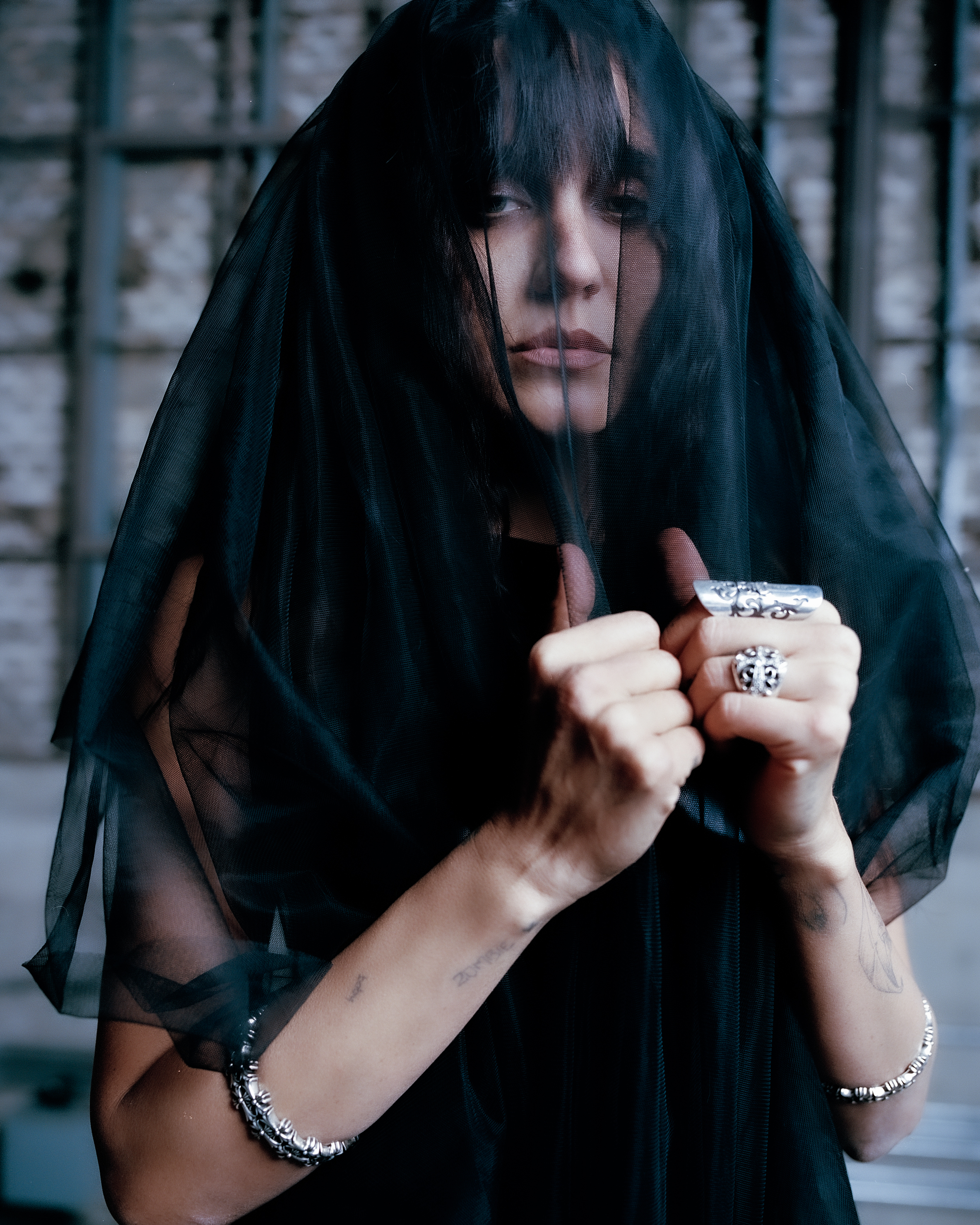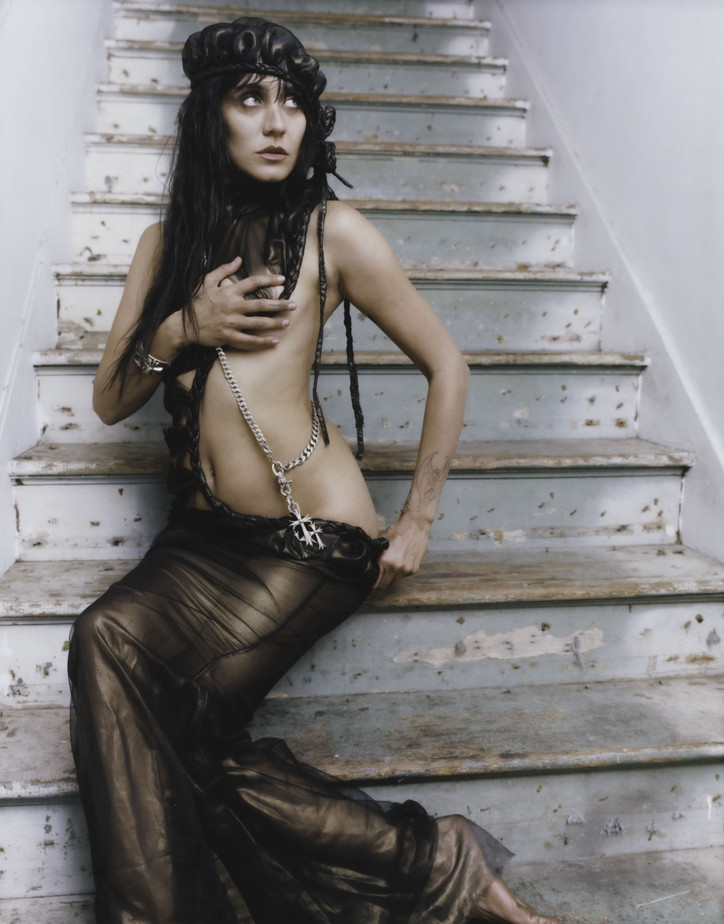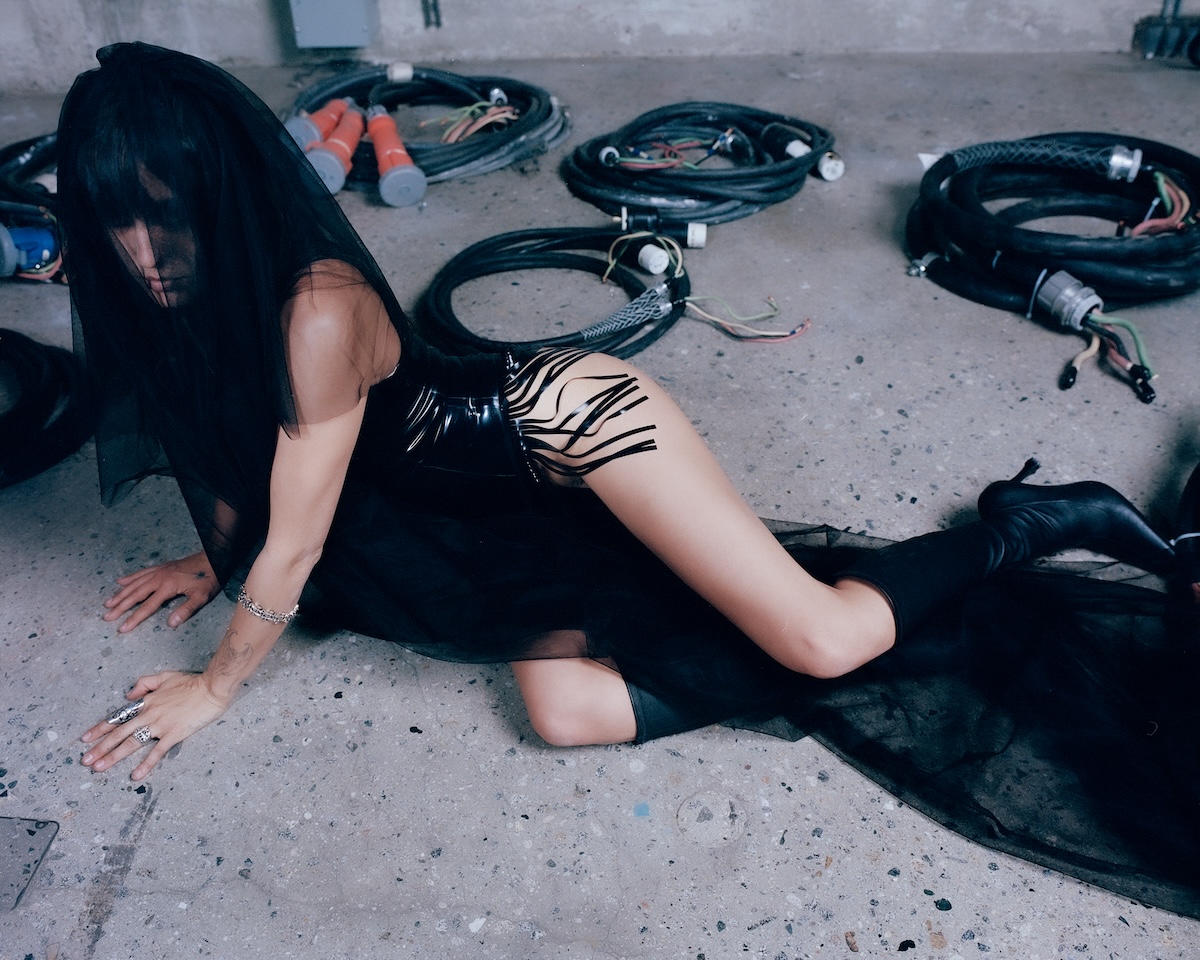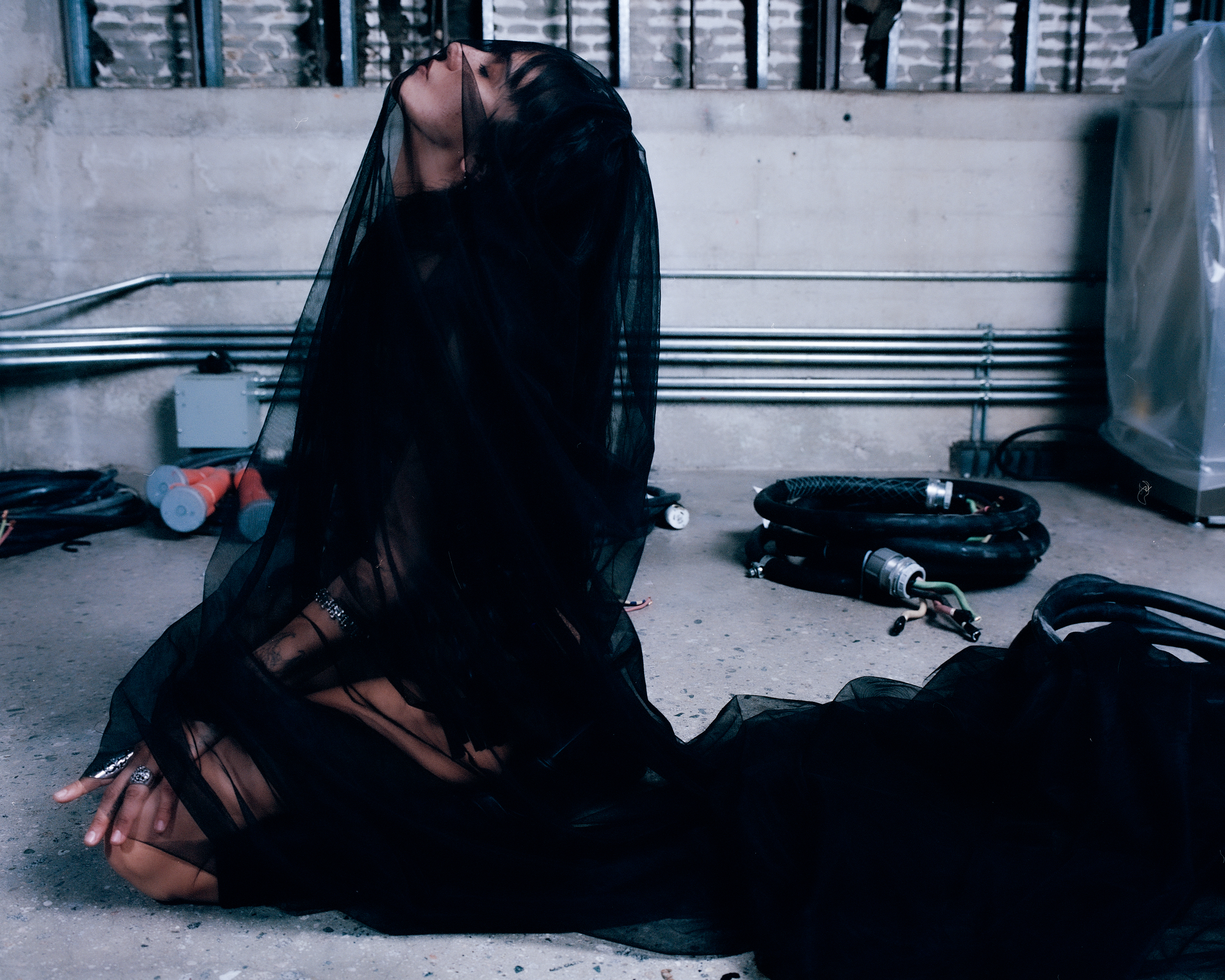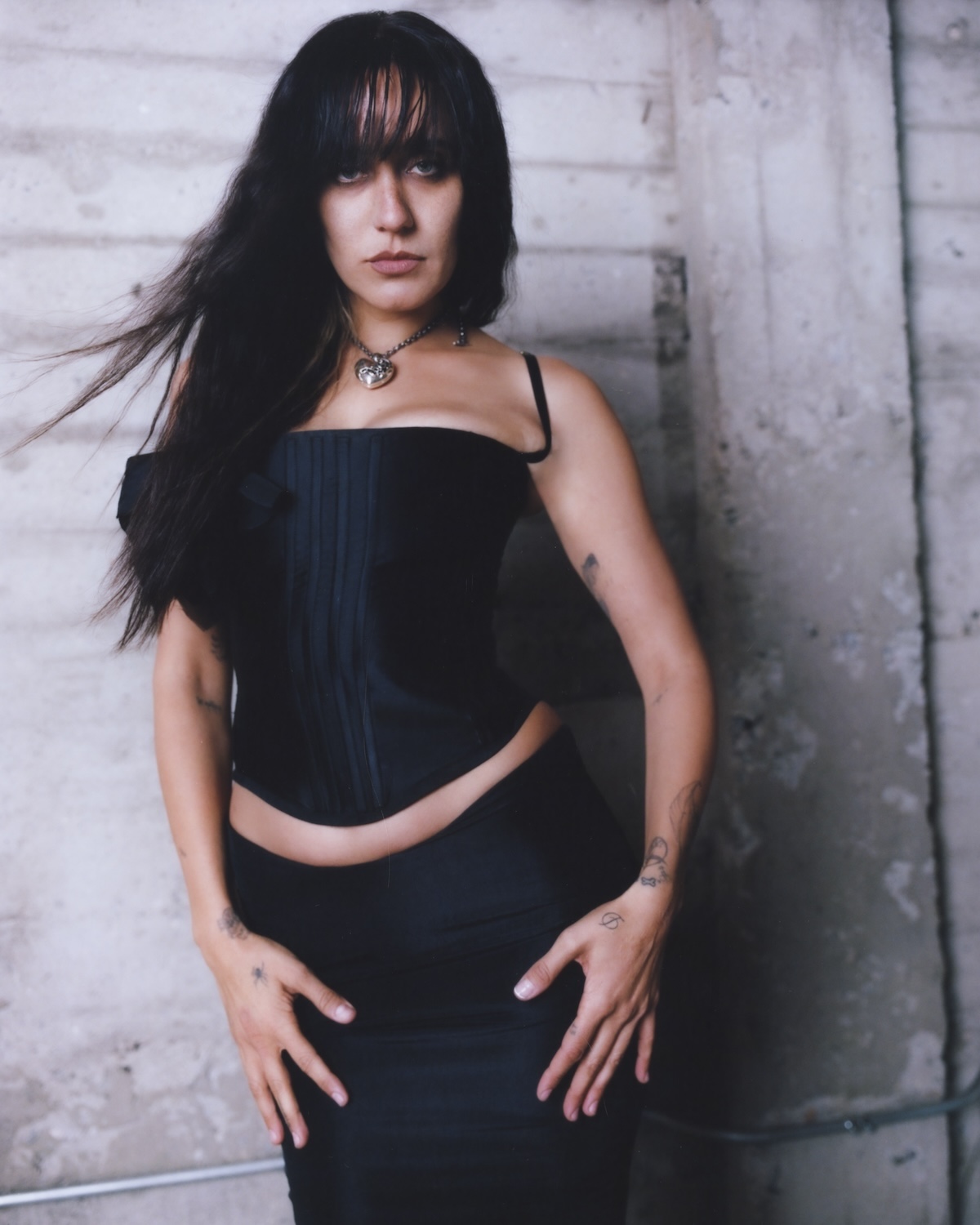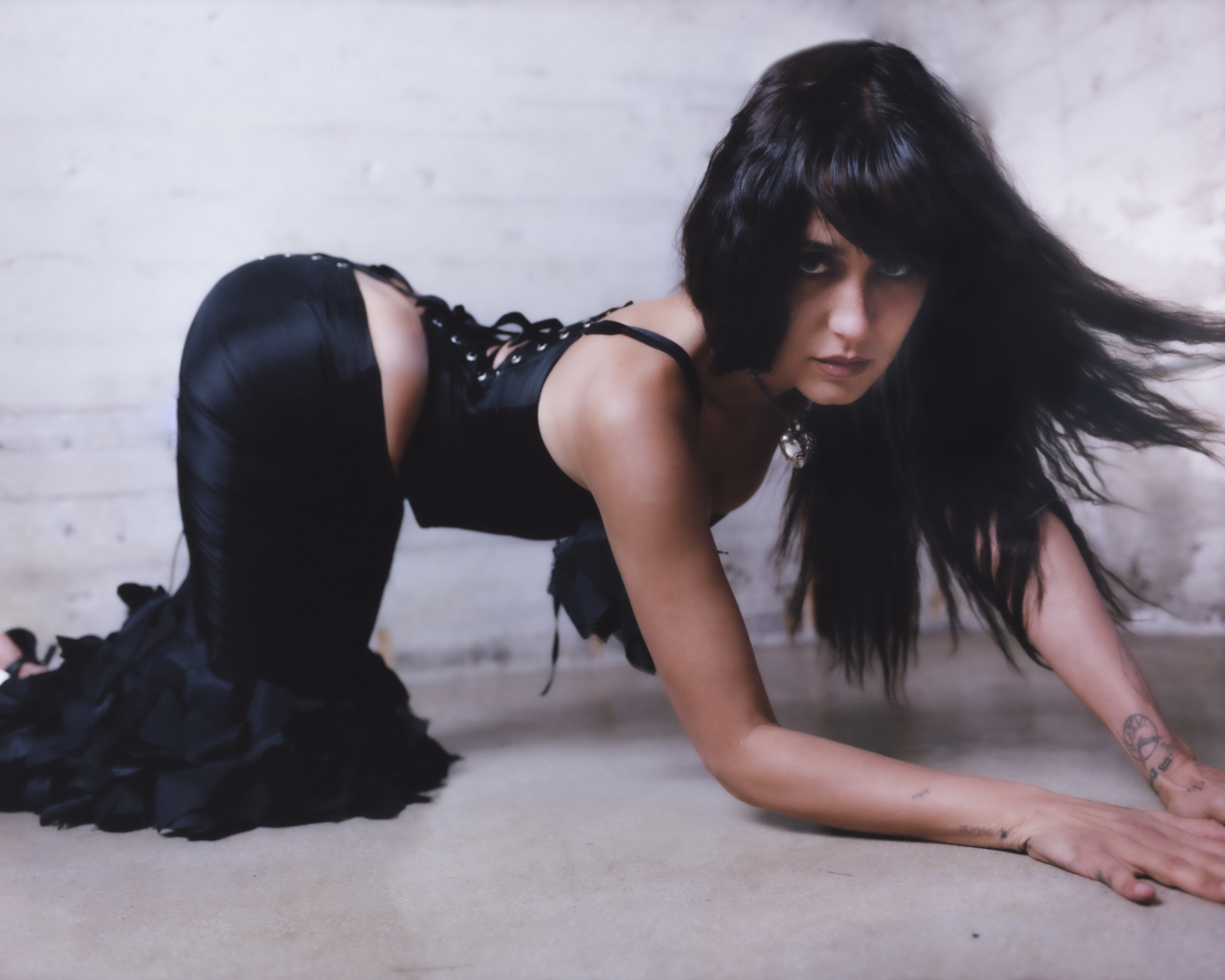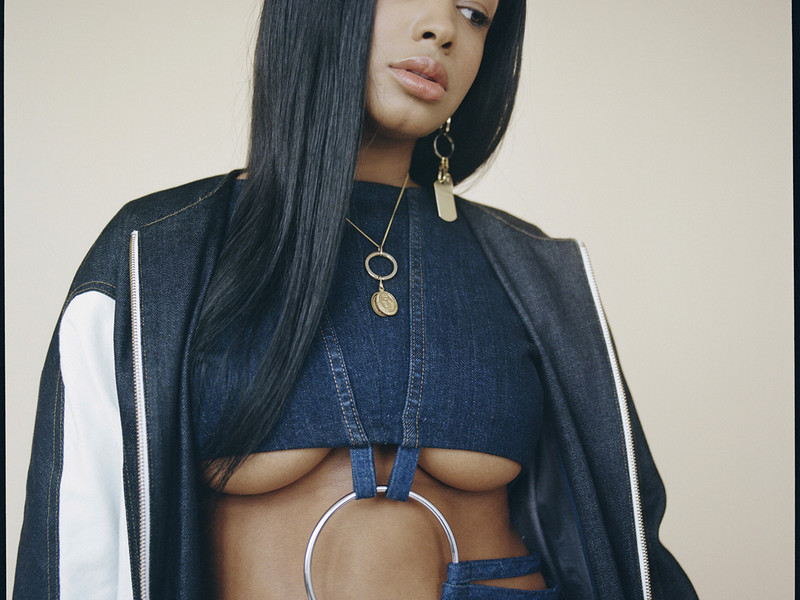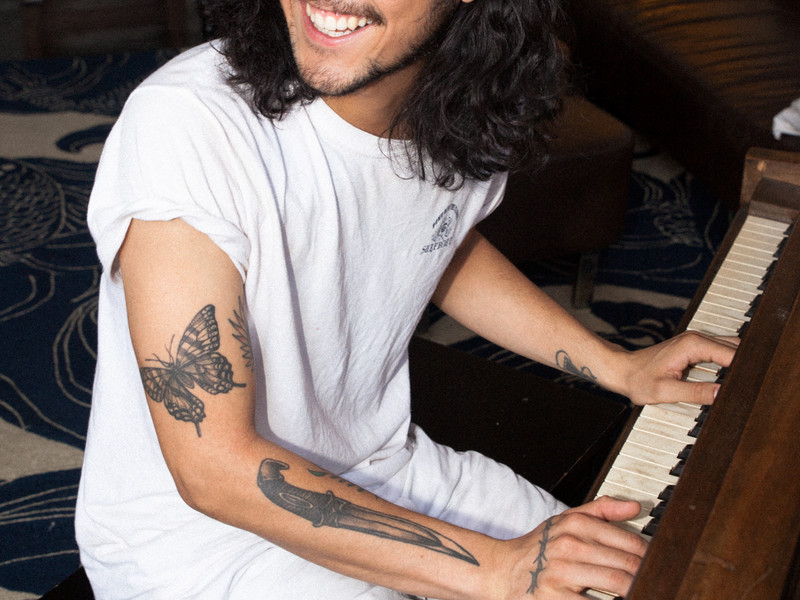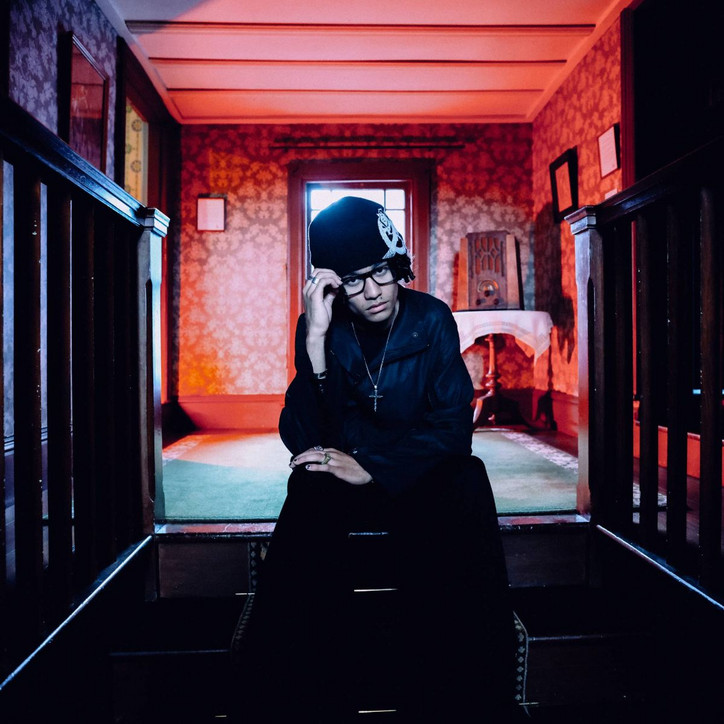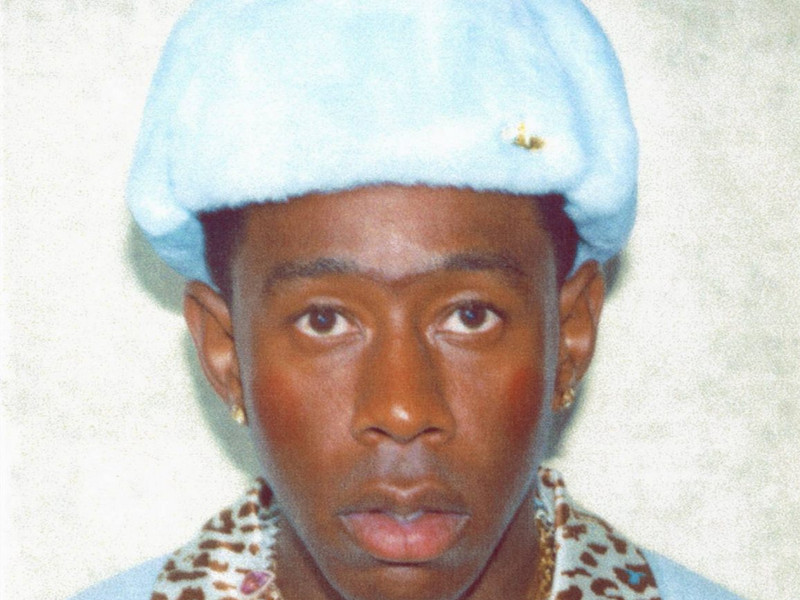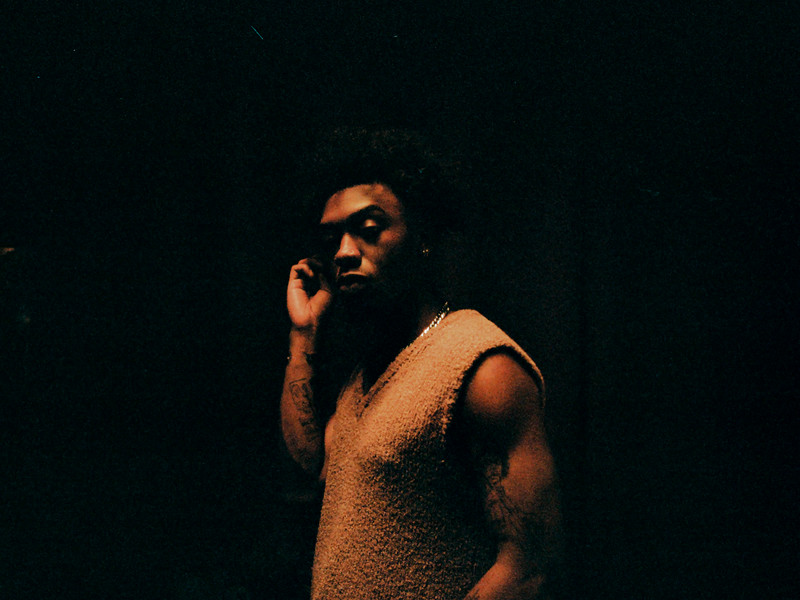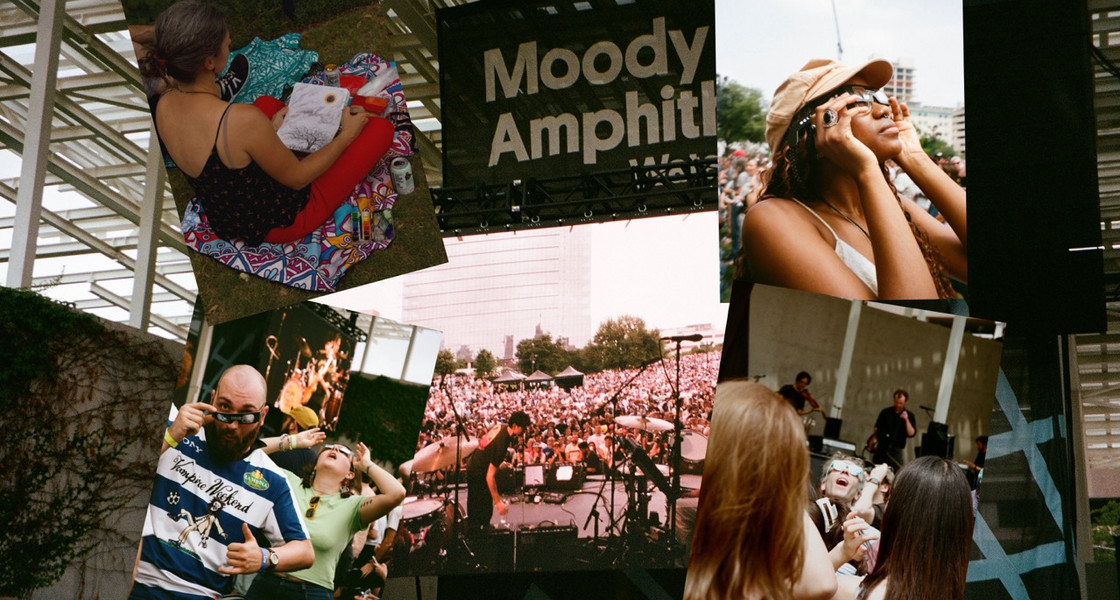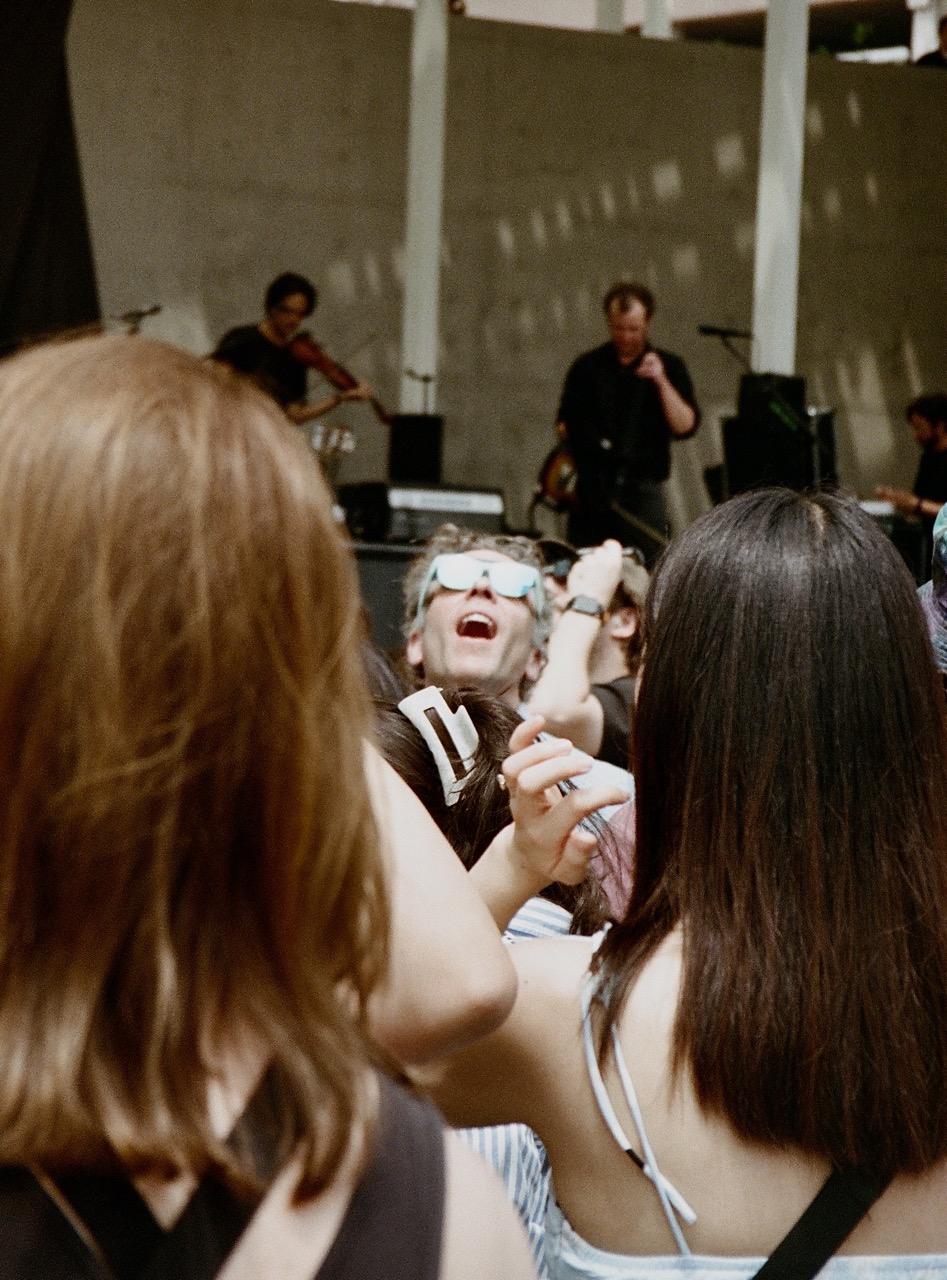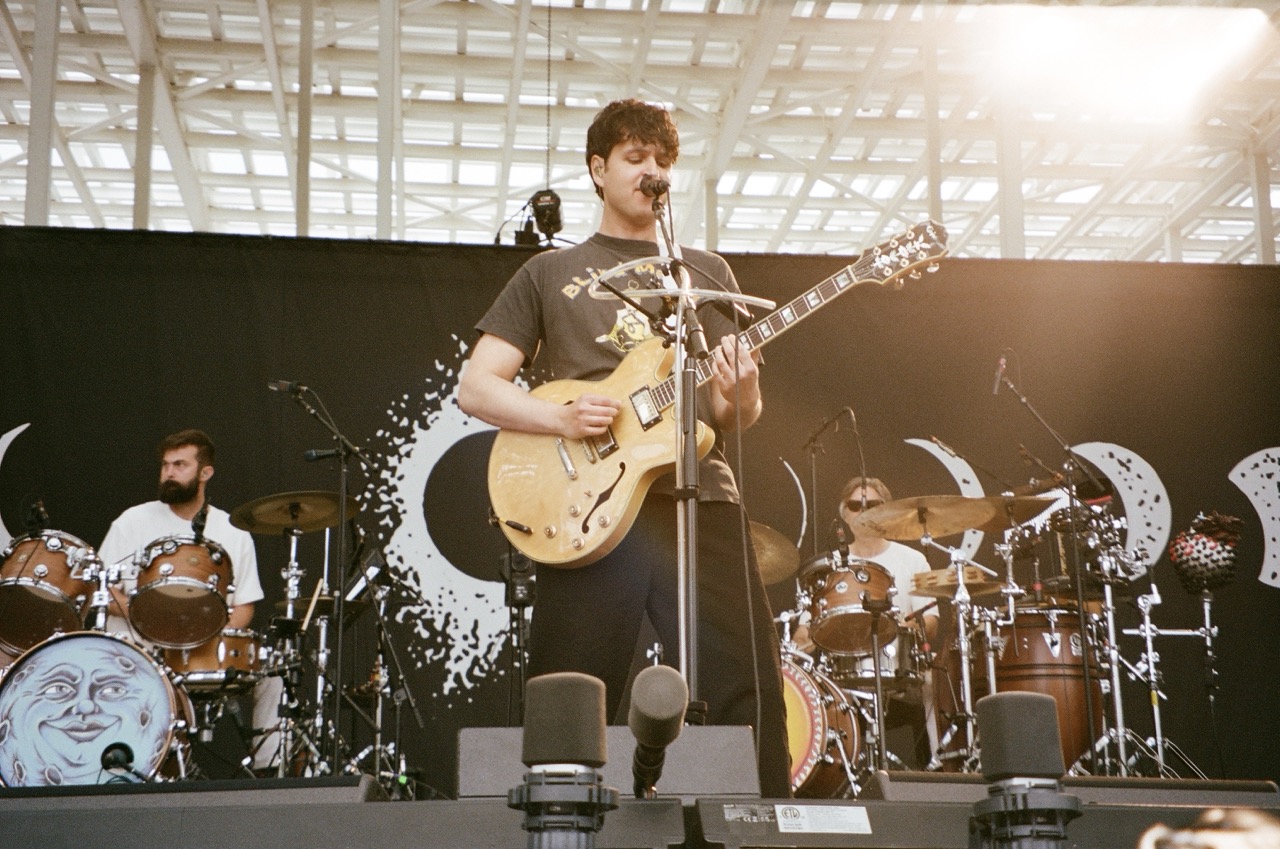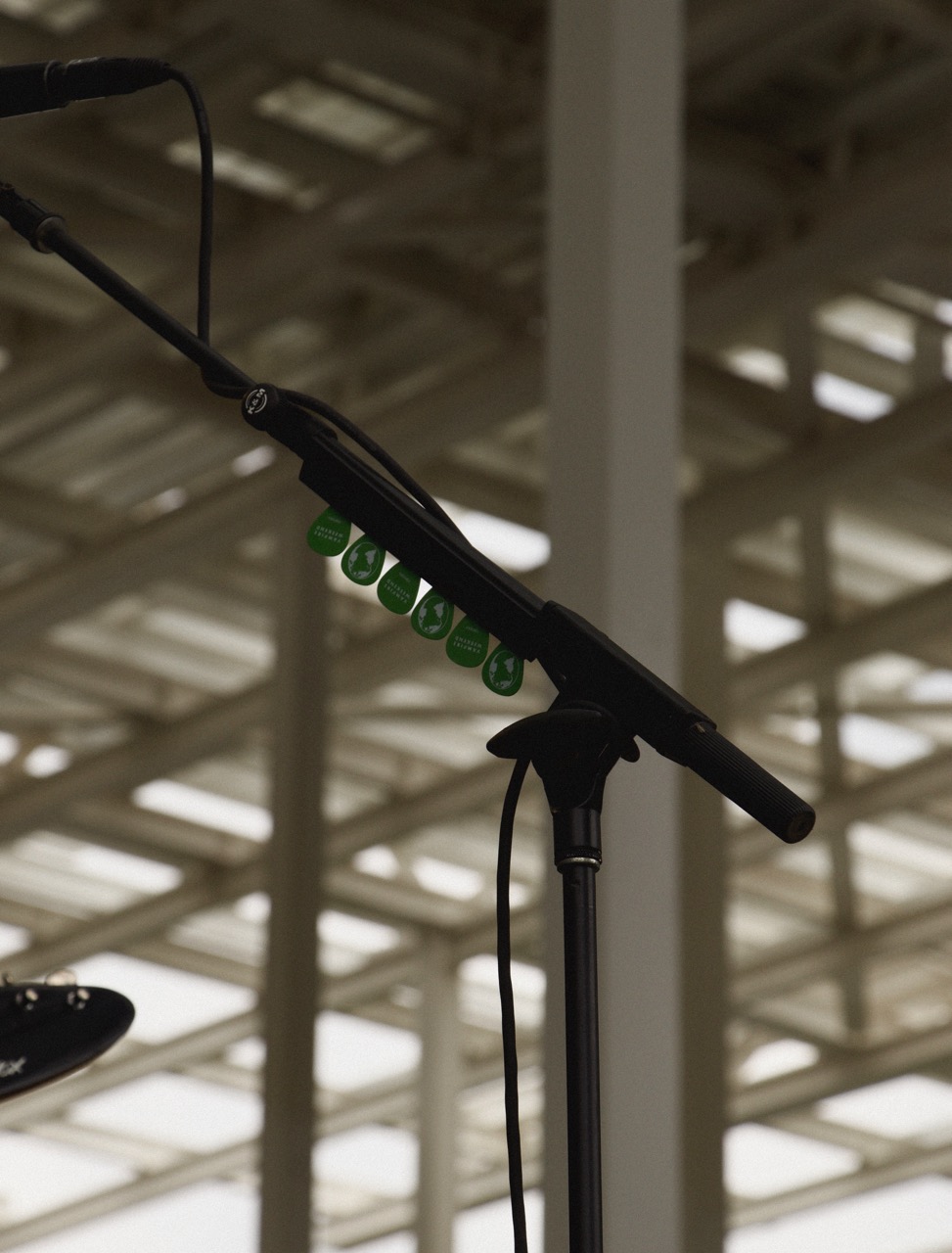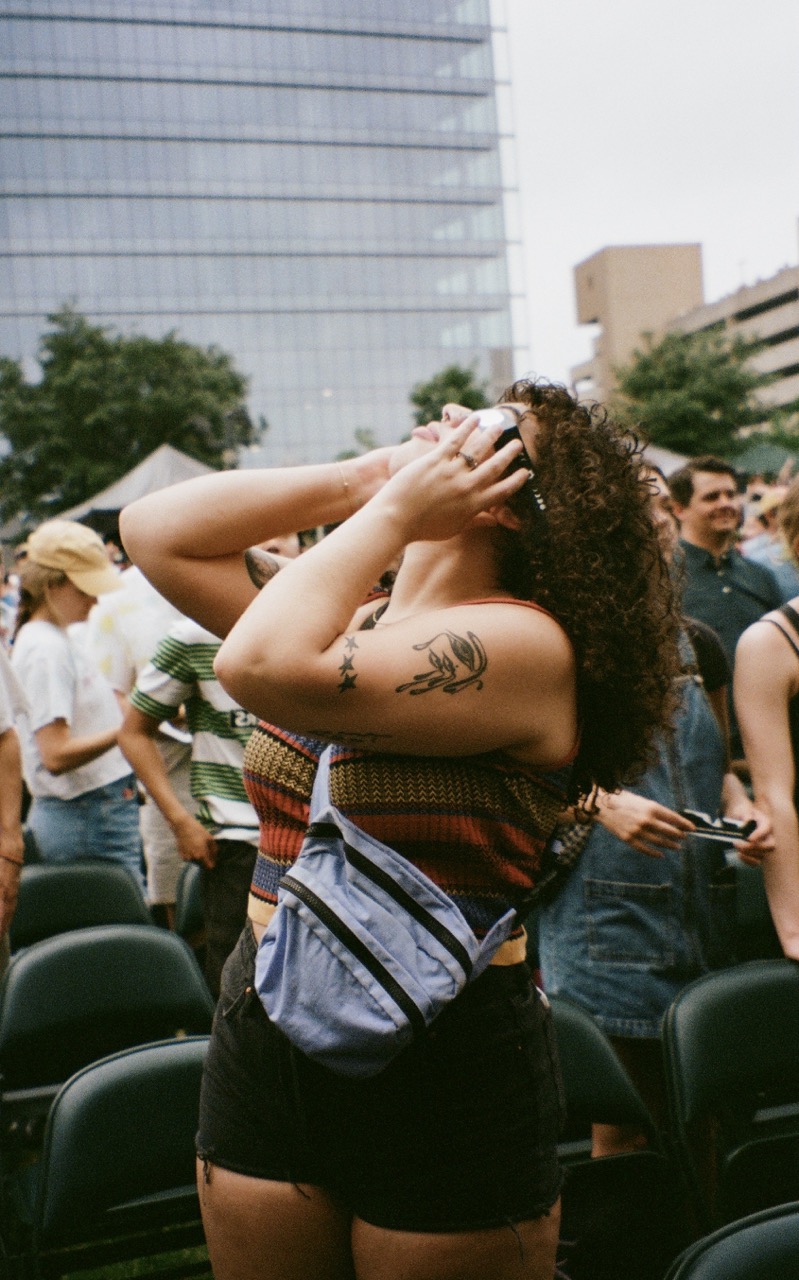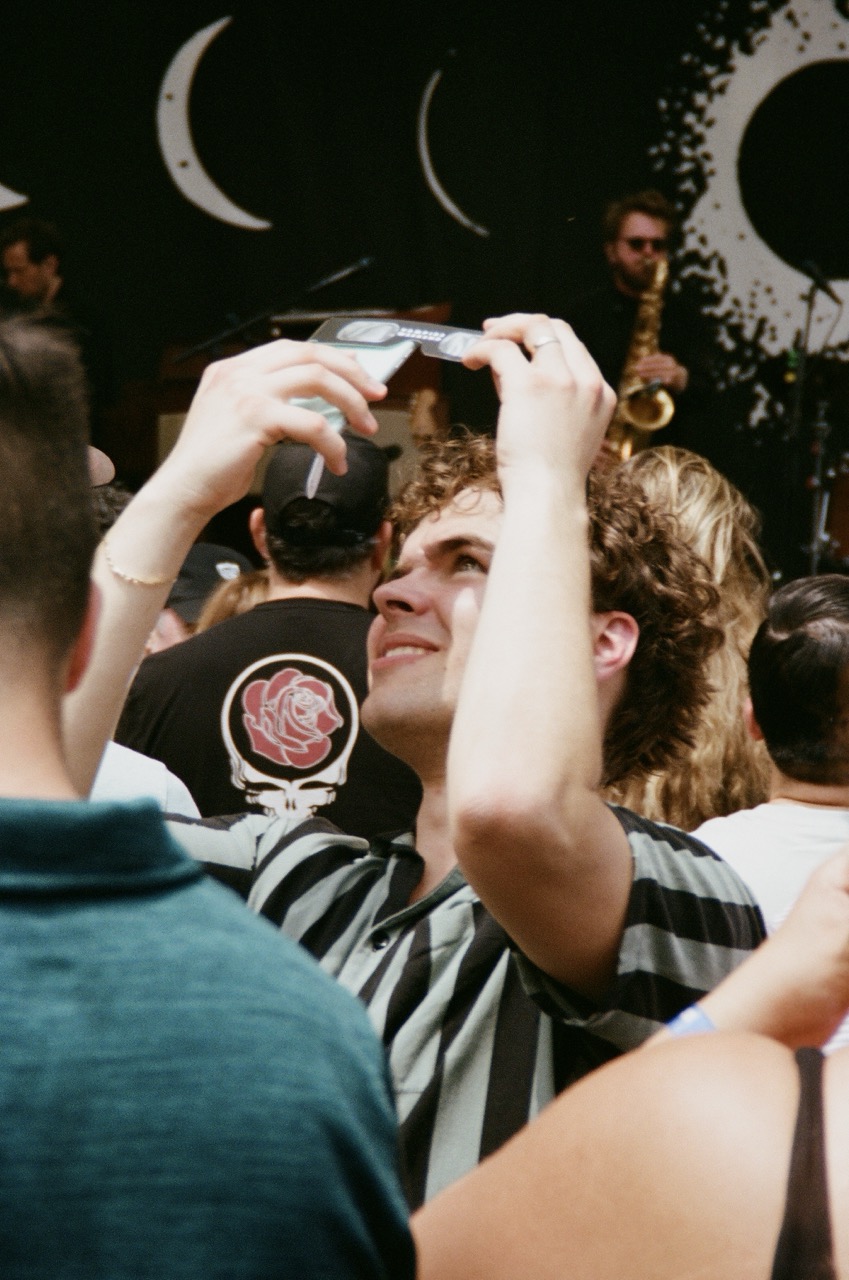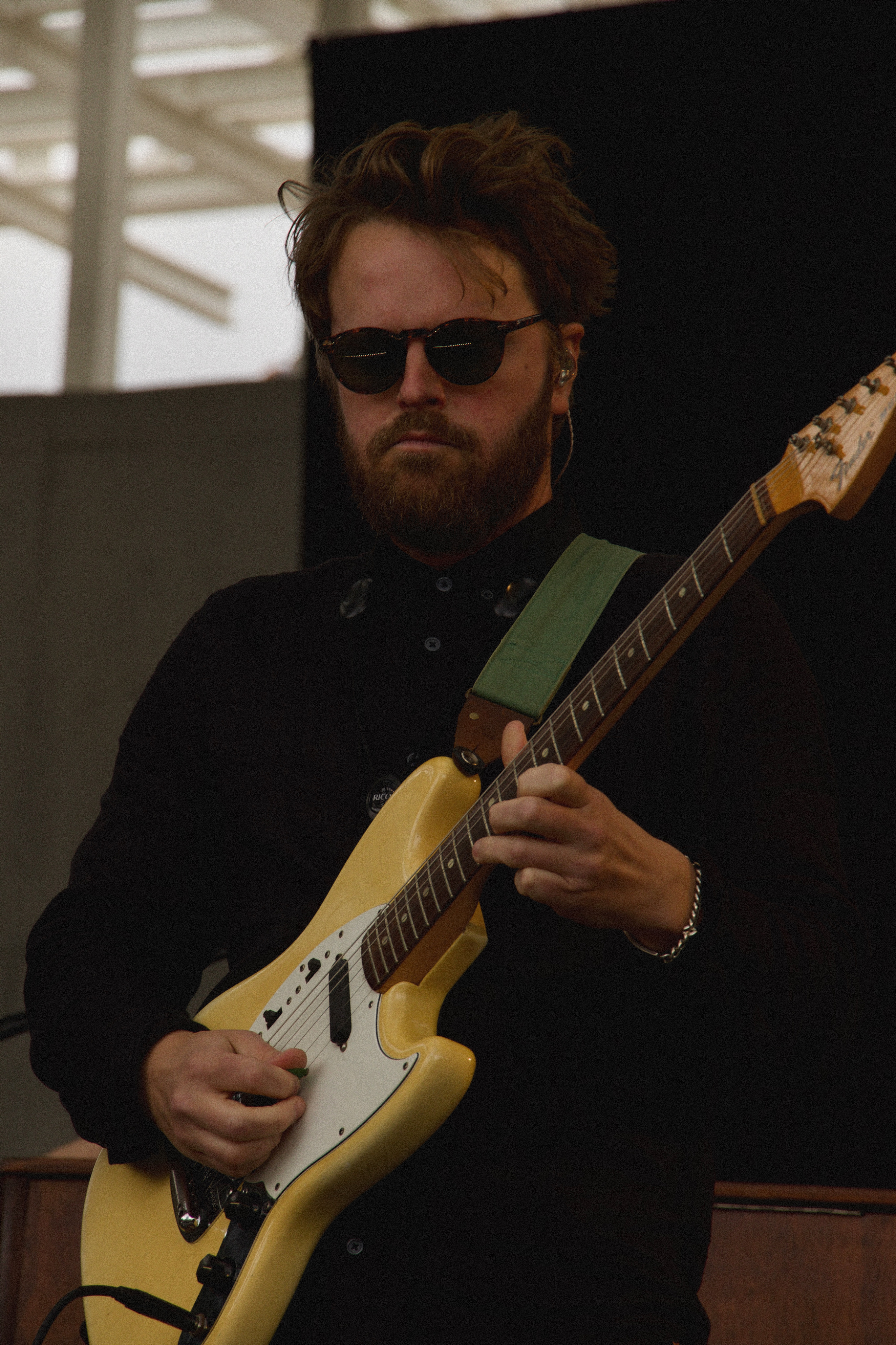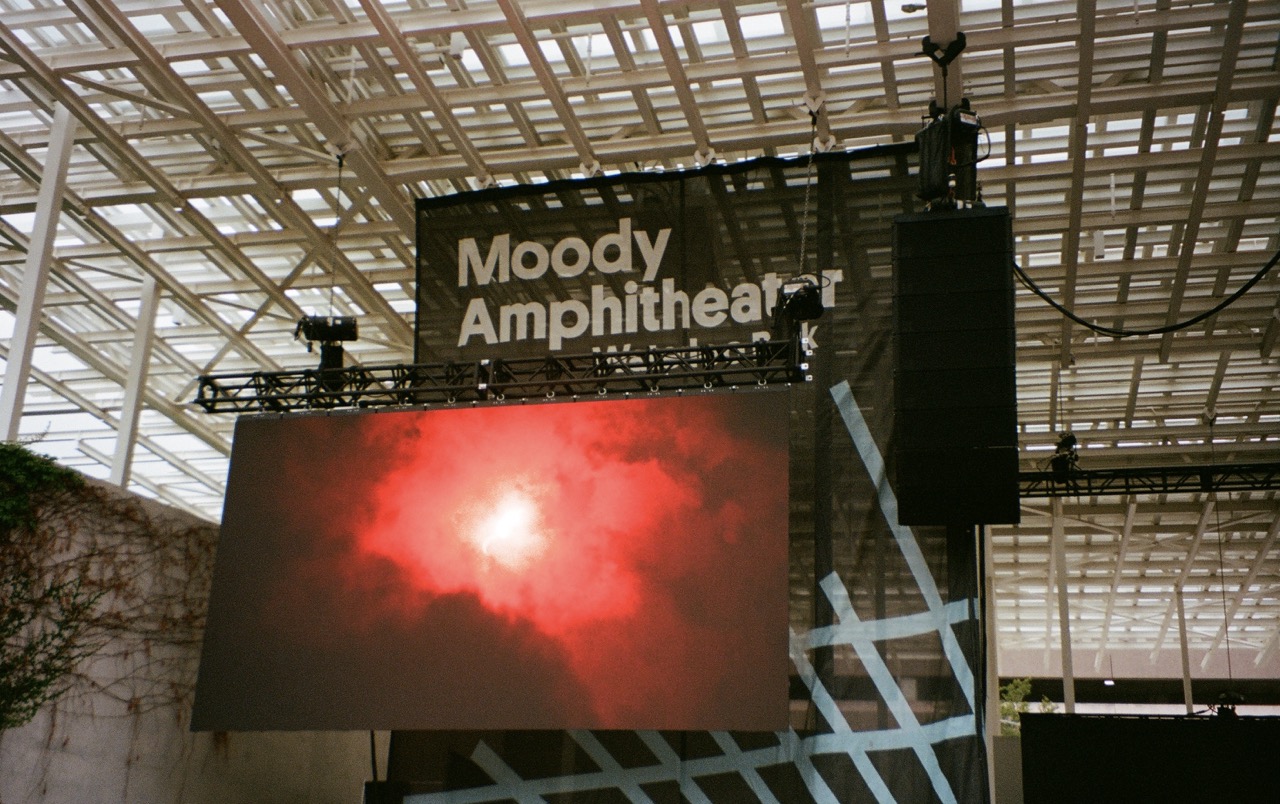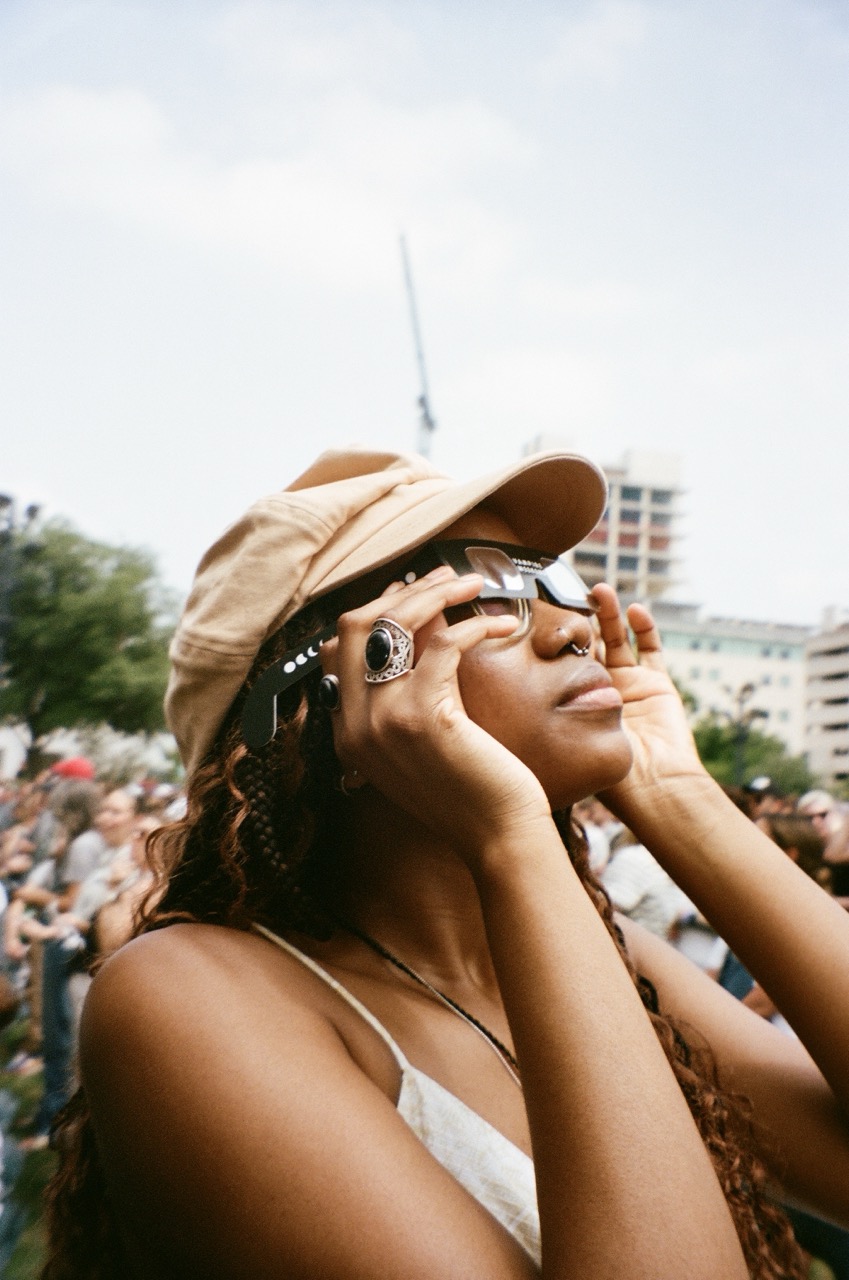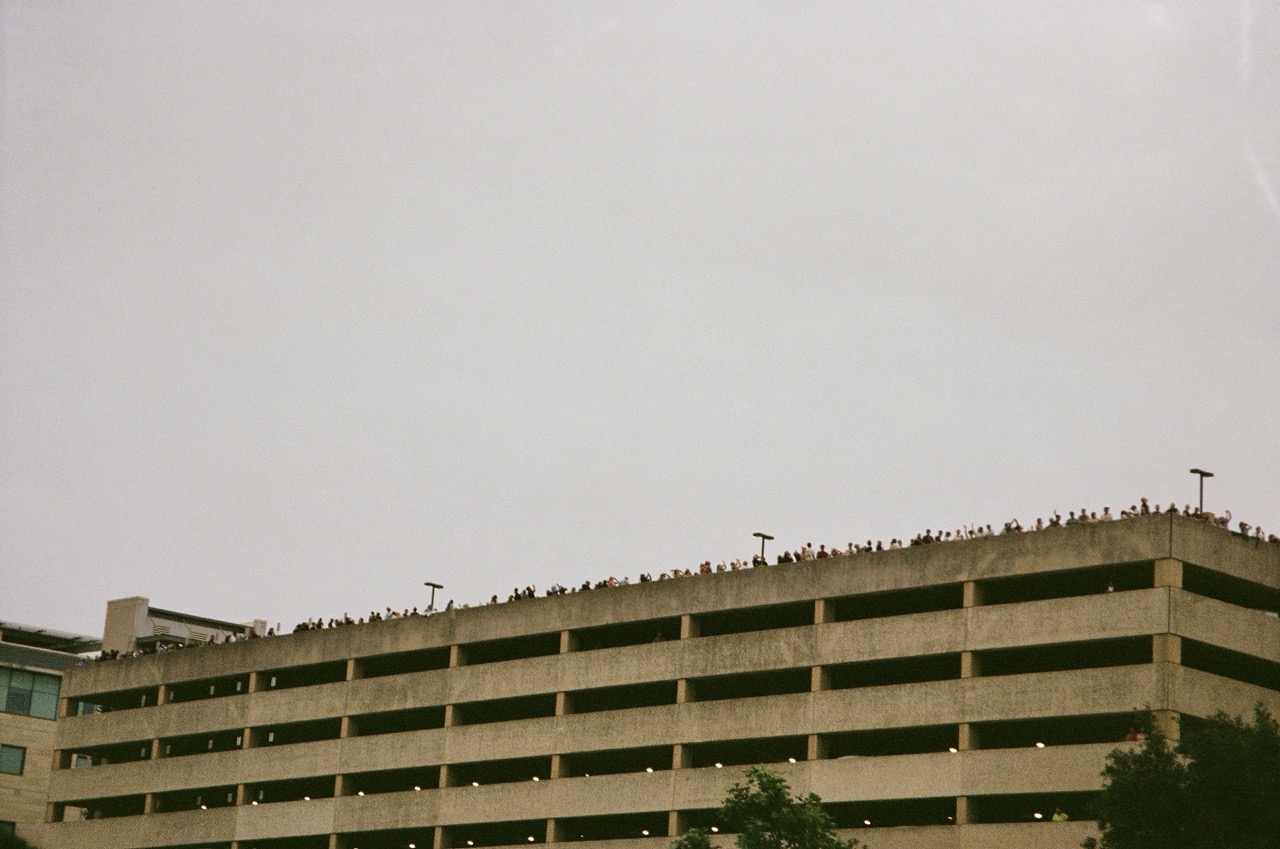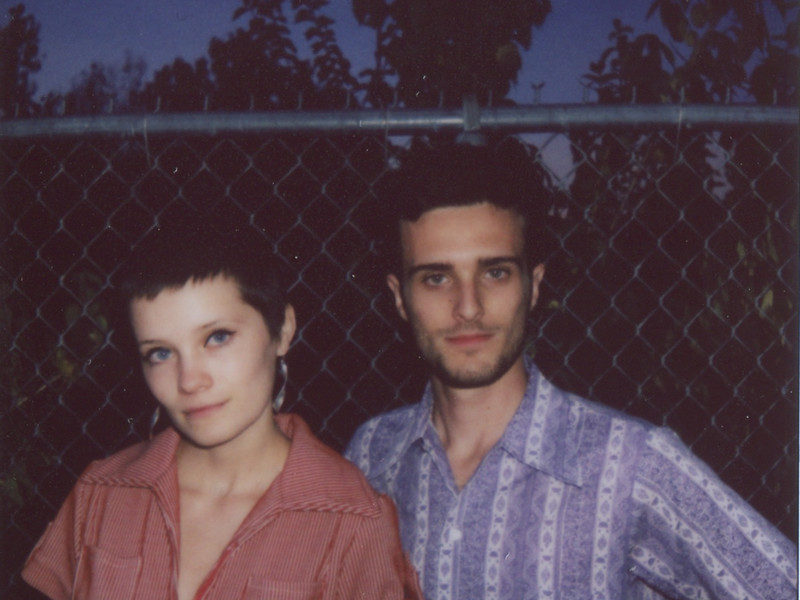Finn Ronsdorf: Notes from a Room
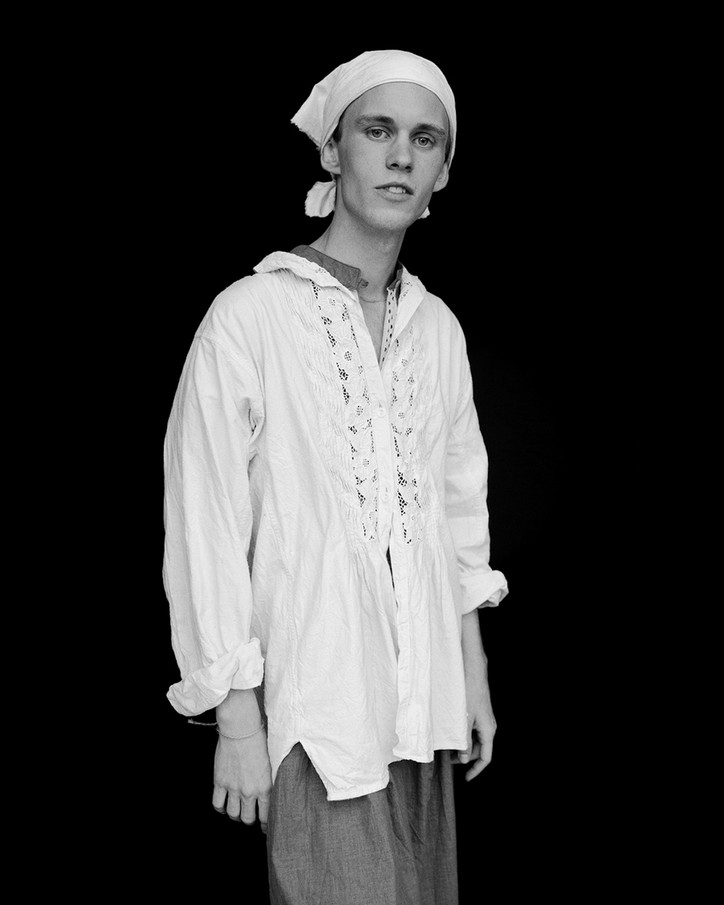
Hey Finn, how are you?
Hello, I’m very good. It’s a mild morning, mainly silent. Only the clouds seem to be in a rush and there is a building site not too far away.
What have you been up to in the last few days?
I’m in my hometown in the Black Forest at the moment. There are some wonderful lakes around, so we went swimming a lot, walked the dog, cooked, saw friends, played the piano. A bit of thinking and a bit of perception.
What’s reopening looking like in Berlin?
Before I came here a few weeks ago, Berlin seemed exciting! A lot of people on the streets and in the parks, people getting drunk again and being in the mood for dancing, some sunshine, and some rain, even a few rainbows. As if nothing ever happened, and in fresh excitement.
I loved your EP. How are you feeling about it?
I don’t really feel about it. I think about it sometimes, because obviously, I have to these days. But it’s not limiting the day or distracting attention away from what is actually happening too much.
How long did this EP take?
Some songs were written in half an hour, some within days. I was between 17 and 20 as they came into being. The recording session took us one day in November 2018. Then all of the rest, the visualizing, the making of the visuals, the search for people, space and time, the influence of many circumstances, that was a period of over one and a half years. I guess the outer is often slower than the inner.
You wrote a statement, or maybe it was a poem, on your Instagram about the process of creating this EP, about it being less about something and more a recording of experiences. How did you construct these songs?
That is an interesting interpretation. Not sure, if it was meant this way. But now if that is your interpretation, the statement changes, so this is some teamwork. So let’s not stop thinking now. Isn’t the essence of an experience that it is about something? This means, while something happens, there is an experiencer describing the situation. That basically is the about. I was just pointing that out: That experience, which means, the verbal interpretation of a situation, and experiencer, the interpreter of the situation, are the same. And that we tend to not recognize this. So if I suffer, as I most certainly did writing some of those songs, this suffering is what I am. I can’t be separated from it. So I am the creator of my suffering. I have the image of myself suffering; this is my suffering. The creator is his creation. Seeing this, suffering slips away. These songs are spontaneous sketches. Some of them you could call concentrated self-pity made consciously.
Do you feel attached to this project? What was it like to declare it done?
I hope not! I don’t think it’s done. I am done now in a way. But the project is not. Now the real work starts: it’s the listener’s.
I especially loved "Ode To A Love Lost," your singing paired with the piano gave me some major chills. Do you construct the instrumentals first or the lyrics?
Music’s first. The sound is most important. Don’t pay attention to the words. We’re too literal.
Where are you going next with the music?
Only the music knows.
